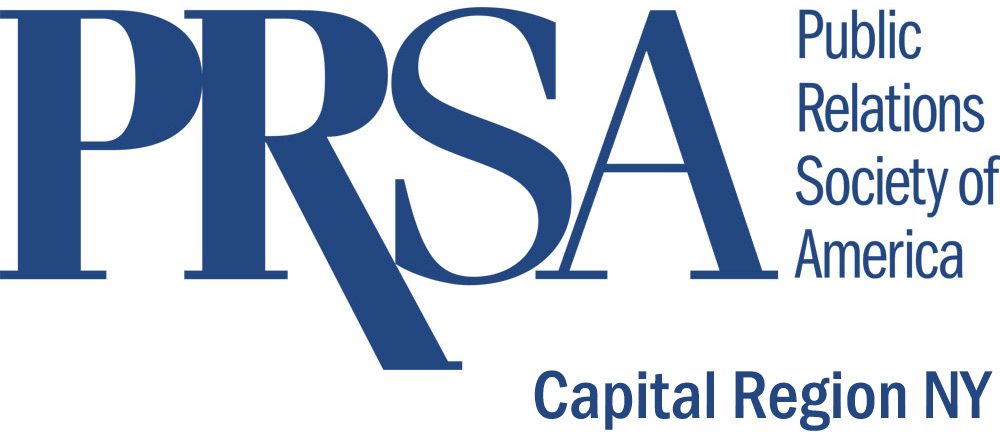By David Alexander
Assistant Athletic Director/Sports Information Director
Director at Large, PRSA Capital Region
The irony of a traffic jam occurring at a NASCAR event outside the race track as opposed to the track itself was not lost on the media, or the fans that paid hard-earned money and were never able to make it to their seats. Unfortunately, it appeared to be lost on those responsible for the situation.
There were reports that gridlock extended for 12 miles in both directions on the afternoon of Saturday, July 9 as fans tried to make their to Kentucky Speedway for the facility’s inaugural Sprint Cup Event, the Quaker State 400, that evening. Thousands arrived at their seats after the green flag had dropped, and many were advised to turn around by the time they reached the parking lots because the race was already half over and the lots were filled anyways.
The public relations nightmare that ensued was predictable. The successful luring of a prestigious NASCAR event is nothing to scoff at. It could arguably be described as one of the biggest sporting events in an area that is a college basketball hotbed and annually hosts the nation’s most venerable thoroughbred horse race. The fallout was thus widespread and inevitable, but also avoidable.
There is plenty of blame to go around. Speedway Motor Sports, which owns the facility, stands out although NASCAR, the Kentucky legislature and the governor’s office are far from innocent as well.
Speedway Motor Sports tripled the seating capacity of Kentucky Speedway since it opened 12 years ago, all with the goal of landing a Sprint Cup date. The company alone cannot be blamed, but the lack of communication between that entity, the state government and NASCAR led to an inexcusable situation. All three were in concert as the ownership increased the seating capacity to 107,000 grandstand seats without properly addressing the infrastructure surrounding the facility that ultimately led to the traffic congestion.
The situation only grew worse as it took until Monday, nearly two days later, before Speedway Motor Sports and NASCAR delivered a formal apology to the fans, some of whom had ordered tickets six months in advance. Speedway Motor Sports has since offered its fans a chance to exchange their tickets for one of the seven remaining Sprint Cup dates that it is hosting at its tracks throughout the country. However, it has adamantly refused to offer cash refunds.
These events have conspired to turn fans away from a sport that has always prided itself on being “fan friendly”. However, declining attendance figures, TV ratings, and sponsorship revenue defy that notion. Certainly much of that may be attributed to an economic downturn, but sometimes you just have to look at the mirror to recognize where your problems truly stem from.
